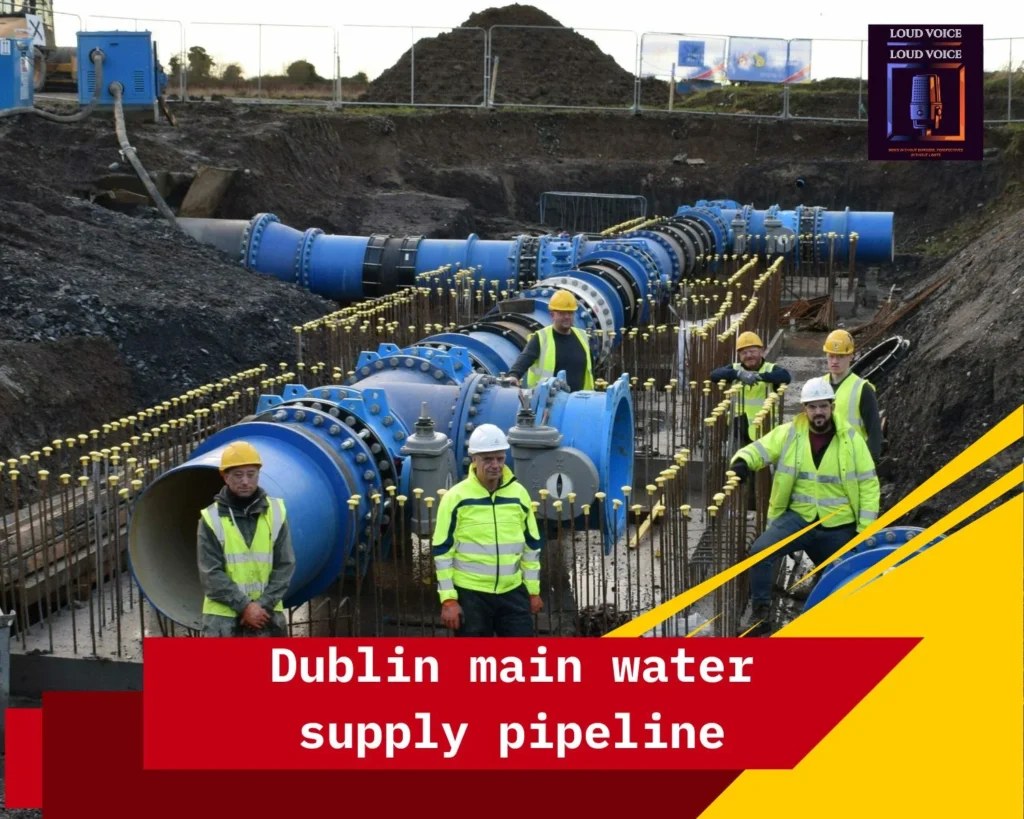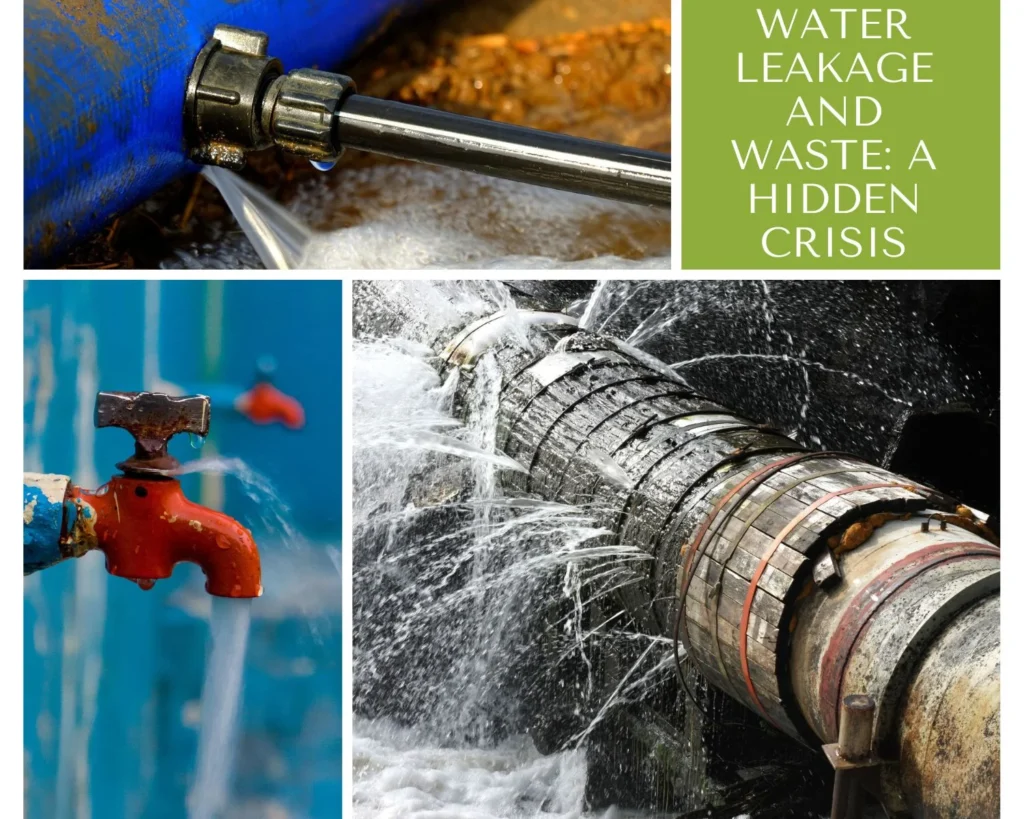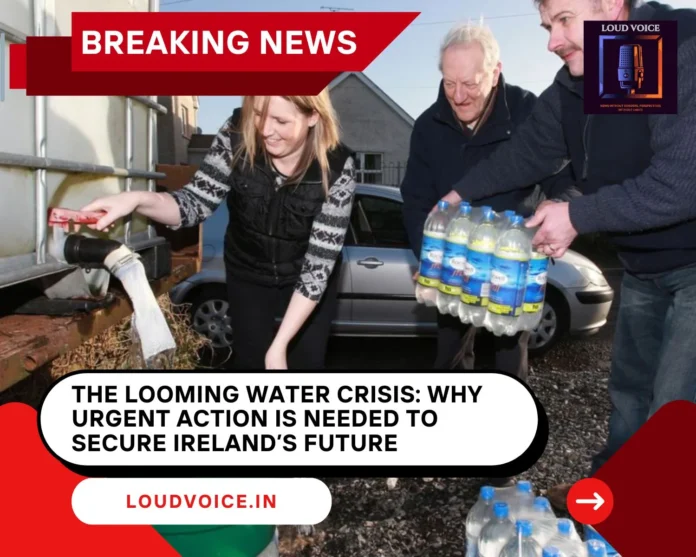The Reality of the Looming Water Crisis
The possibility of water shortages in the next decade is becoming more real as infrastructure struggles to keep up with demand. While many take the availability of water for granted, recent crises in East Cork and Cork City highlight how fragile the system is. Without major investment, political commitment, and a shift in public attitudes toward water conservation, the long-term sustainability of Ireland’s water supply is in jeopardy.
Furthermore, climate change is exacerbating the issue, with increasingly unpredictable weather patterns leading to longer droughts and heavier rainfall that overwhelms existing infrastructure. If the necessary steps are not taken to ensure efficient water management, both rural and urban areas will face increasing difficulties in securing clean and consistent water supplies.
The State of Water Infrastructure
The current state of Ireland’s water and sewage systems has been described as dire. According to Uisce Éireann chairman Jerry Grant, years of passive indifference toward infrastructure investment have left the system in disrepair. Recent reports indicate that the funding required over the next five years must double to €10 billion just to maintain the status quo. If this level of funding is not met, the risk of severe water shortages will grow significantly.
One of the biggest challenges is the demand for housing. Ireland needs at least 50,000 new homes annually, but the water system can currently only support 35,000 new connections per year. This means that even if housing issues are resolved, supplying water to these homes remains a major concern.
Additionally, aging infrastructure leads to frequent breakdowns, leaks, and inefficiencies in water distribution. The challenge is further compounded by a growing population and increased urbanization, which place additional stress on an already overstretched system. Many pipes and treatment plants were built decades ago and were not designed to handle the current and projected demand.
The Economic and Industrial Strain
Ireland’s highly concentrated industrial sectors, particularly pharmaceuticals, IT, and data centers, put immense pressure on water supply. These industries are key contributors to the national economy but also consume vast amounts of water. Despite infrastructure improvements, expansion has been inadequate to meet growing demand, especially in urban areas.

A prime example of this issue is Dublin’s main water supply pipeline, which is 50 years old and prone to frequent leaks. Experts warn that a sudden failure could have catastrophic consequences for the capital’s water supply. Addressing this risk requires urgent modernization efforts.
Moreover, the demand for water is expected to rise as industrial output increases. Many multinational companies rely on a consistent and clean water supply for production. Any disruptions could have significant economic consequences, potentially deterring investment in key sectors and reducing Ireland’s competitiveness in global markets.
The Role of Water Charges in Sustainable Management
A significant factor contributing to Ireland’s water crisis is the absence of water charges. Unlike other developed nations, Ireland does not impose fees for domestic water usage. While attempts to introduce charges in the past faced strong public resistance, experts argue that implementing a structured water pricing system could encourage conservation and provide additional funding for infrastructure improvements.
Previous efforts to introduce water charges were met with fierce opposition, particularly during times of economic hardship. However, even modest charges—such as fees for excessive usage—could promote more responsible consumption and generate revenue for system upgrades. Unfortunately, political concerns have led to the shelving of such proposals.
Countries that have implemented progressive water pricing structures have seen success in managing consumption and reducing waste. Implementing such a system in Ireland would not only provide additional funding for infrastructure improvements but also encourage responsible water usage among households and businesses.
Leakage and Waste: A Hidden Crisis
Water leakage remains one of the biggest challenges in Ireland’s water supply system. Despite ongoing repair and replacement programs, significant amounts of treated water are lost before reaching consumers. Addressing this issue requires a comprehensive leak reduction strategy, as well as incentives for households and businesses to fix private leaks.

Currently, Ireland loses nearly 40% of treated water through leaks—one of the highest rates in Europe. This inefficiency not only wastes a vital resource but also increases operational costs, as more water must be treated and pumped through the system to compensate for losses. Investments in smart water metering and leak detection technologies could greatly improve efficiency and conservation efforts.
The Path Forward: Investment and Policy Changes
To ensure a sustainable water future, the government must take the following steps:
- Increase Infrastructure Investment – A long-term commitment to upgrading pipelines and treatment facilities is essential.
- Implement Water Charges for High Users – Introducing charges for excessive consumption can help fund improvements and encourage conservation.
- Enhance Leak Detection and Repair Efforts – Reducing water loss will significantly improve efficiency.
- Diversify Water Sources – Exploring alternative water sources, such as desalination and rainwater harvesting, could provide additional supply.
- Raise Public Awareness – Educating citizens on water conservation practices can help reduce unnecessary usage.
- Incentivize Water-Efficient Technologies – Encouraging the adoption of low-flow appliances and smart irrigation systems can reduce unnecessary consumption.
- Strengthen Regulations on Industrial Water Usage – Implementing mandatory efficiency measures for high-water-consuming industries can help balance economic growth with sustainable water use.
Without immediate action, Ireland faces an increasing risk of water shortages in the next decade. By prioritizing investment, policy reform, and public awareness, a sustainable water future can be secured.
The government, businesses, and individuals all have a role to play in addressing this growing crisis. With the right combination of infrastructure improvements, policy changes, and public engagement, Ireland can build a resilient water system capable of supporting its population and economy well into the future.


